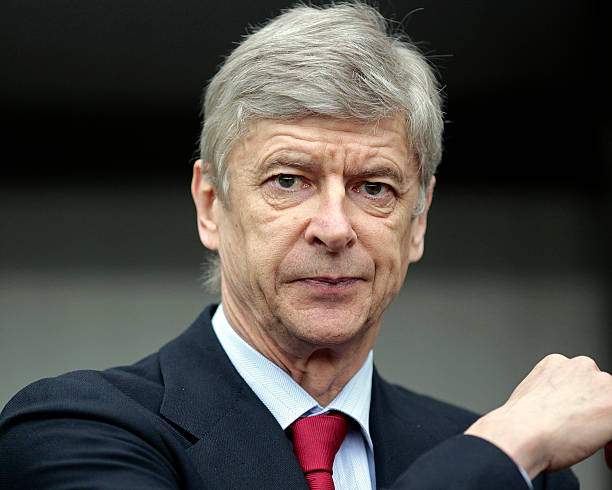Arsene Wenger once again pointed to Arsenal’s confidence issues being behind their recent defeats to Manchester City, also highlighting pressure from the media in keeping them at a low ebb.
Losing against Manchester City in the League Cup final, many expected Arsenal to show a determination to get a result against City in the league match just a few days later. To their credit, they did the first part but were unable to do the second due to how brilliant City were on the night.
Wenger, however, believes it’s all down to confidence.
“When you lose a cup final and you play the same team three or four days later, you have always a problem,” Wenger said.

“I knew that before the game.
“On top of that, it’s a top side, top quality, so I knew before the game that it could be a difficult game, but you always hope that things go for you.”
I can’t say that I agree with this statement at all.
Many teams would see an immediate rematch with the team that had just bested them as a great chance to put the record straight, prove a point or any other number of clichéd phrases about bouncing back.
But this side has been afflicted with confidence issues for years while Wenger acts like it is a new thing every time it happens.
A look back through Wenger’s post-defeat comments this season shows a man who believes his side are unlucky more often than not and is often surprised by the basic failings of his team, despite those problems being on display repeatedly each season.
“One team is in full confidence and one team is still on a low,” Wenger added.
“It’s a big disappointment for the players. On top of that, they have to face a media storm that does not contribute to help, and the other side got plaudits. Confidence is a big part of the game.”
I have repeatedly asked on social media for examples of other top professional sports teams who suffer from a consistent fragile confidence like Arsenal have for the past five years, if not longer. There doesn’t seem to be one.
So while it’s clear that Wenger is aware confidence plays a vital role in the success of a team, as all top coaches are, he seems unable to instil a mentality in his players that doesn’t fracture at the slightest sign of stress.
Worse than that, he also seems blind to how embedded this problem is, how long it has existed for or how to fix it.
If he wasn’t, he would have already found a way to do just that because he’s certainly had long enough to try.

